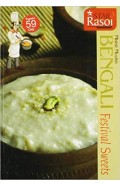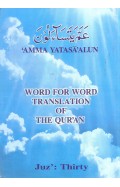Hezbollah - Mobilisation and Power
By: Aurélie Daher
-
Rs 5,935.50
- Rs 6,595.00
- 10%
You save Rs 659.50.
Due to constant currency fluctuation, prices are subject to change with or without notice.
Zubin Mehta: A Musical Journey (An Authorized Biography)
By: VOID - Bakhtiar K. Dadabhoy
Rs 892.50 Rs 1,050.00 Ex Tax :Rs 892.50
The Origins of Political Order From Prehuman Times to the French RevolutioN
By: Francis Fukuyama
Rs 4,045.50 Rs 4,495.00 Ex Tax :Rs 4,045.50
Manning Up: How the Rise of Women Has Turned Men into Boys
By: Kay Hymowitz
Rs 845.75 Rs 995.00 Ex Tax :Rs 845.75
The Obama Syndrome: Surrender At Home War Abroad
By: Tariq Ali
Rs 1,100.75 Rs 1,295.00 Ex Tax :Rs 1,100.75
The Quest For Meaning: Developing A Philosophy Of Pluralism
By: Tariq Ramadan
Rs 1,185.75 Rs 1,395.00 Ex Tax :Rs 1,185.75
No similar books from this author available at the moment.
Lonely Planet New England's Best Trips: 31 Amazing Road Trips
By: Mara Vorhees
Rs 2,120.75 Rs 2,495.00 Ex Tax :Rs 2,120.75
Lift the Flap How Your Body Works - (HB)
By: Rosie Dickins
Rs 2,965.50 Rs 3,295.00 Ex Tax :Rs 2,965.50
Word for Word Translation of the Qur’an – Juz’ 30
By: Dr. Farhat Hashmi (Translator)
Rs 191.25 Rs 225.00 Ex Tax :Rs 191.25
Zubin Mehta: A Musical Journey (An Authorized Biography)
By: VOID - Bakhtiar K. Dadabhoy
Rs 892.50 Rs 1,050.00 Ex Tax :Rs 892.50














-120x187.jpg?q6)





-120x187.jpg?q6)









-120x187.jpg?q6)

